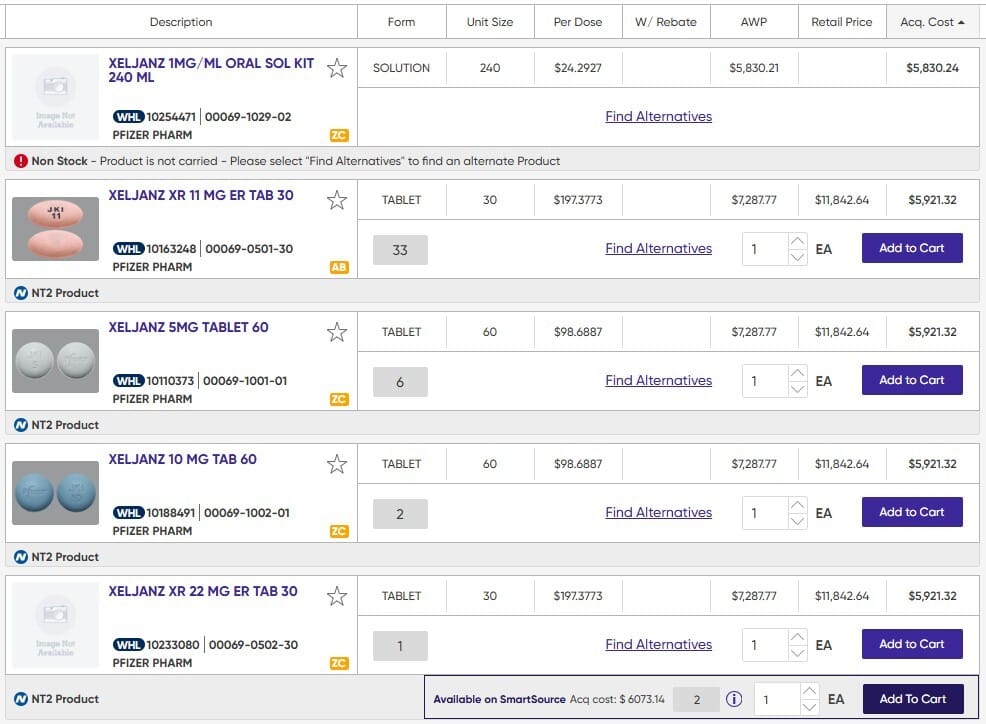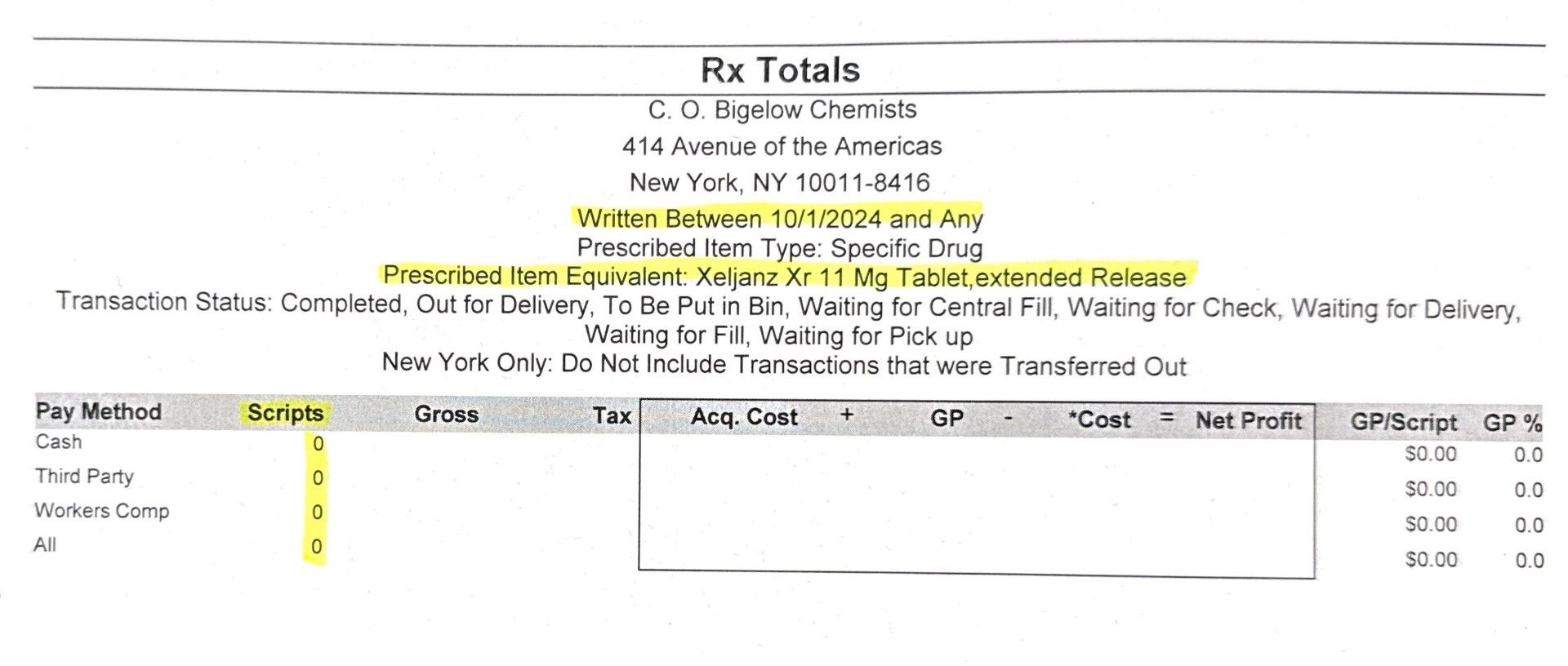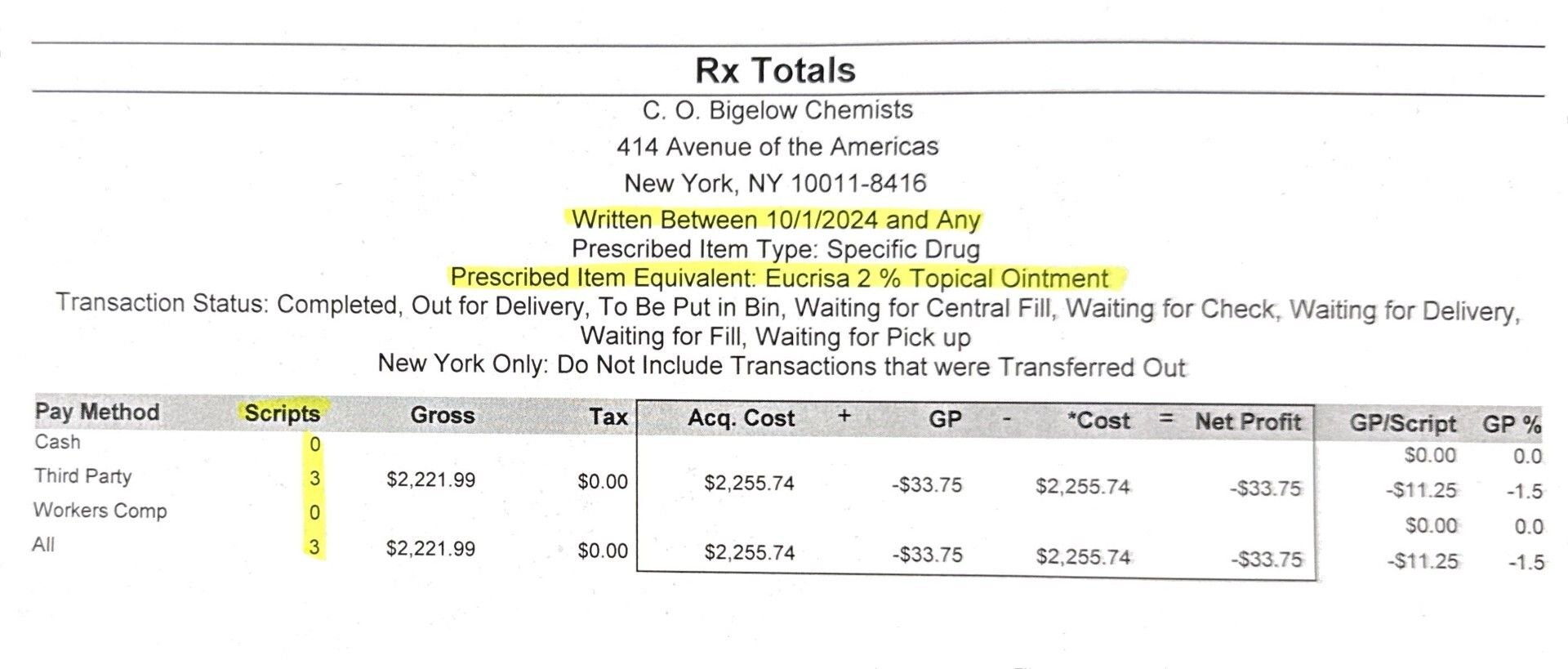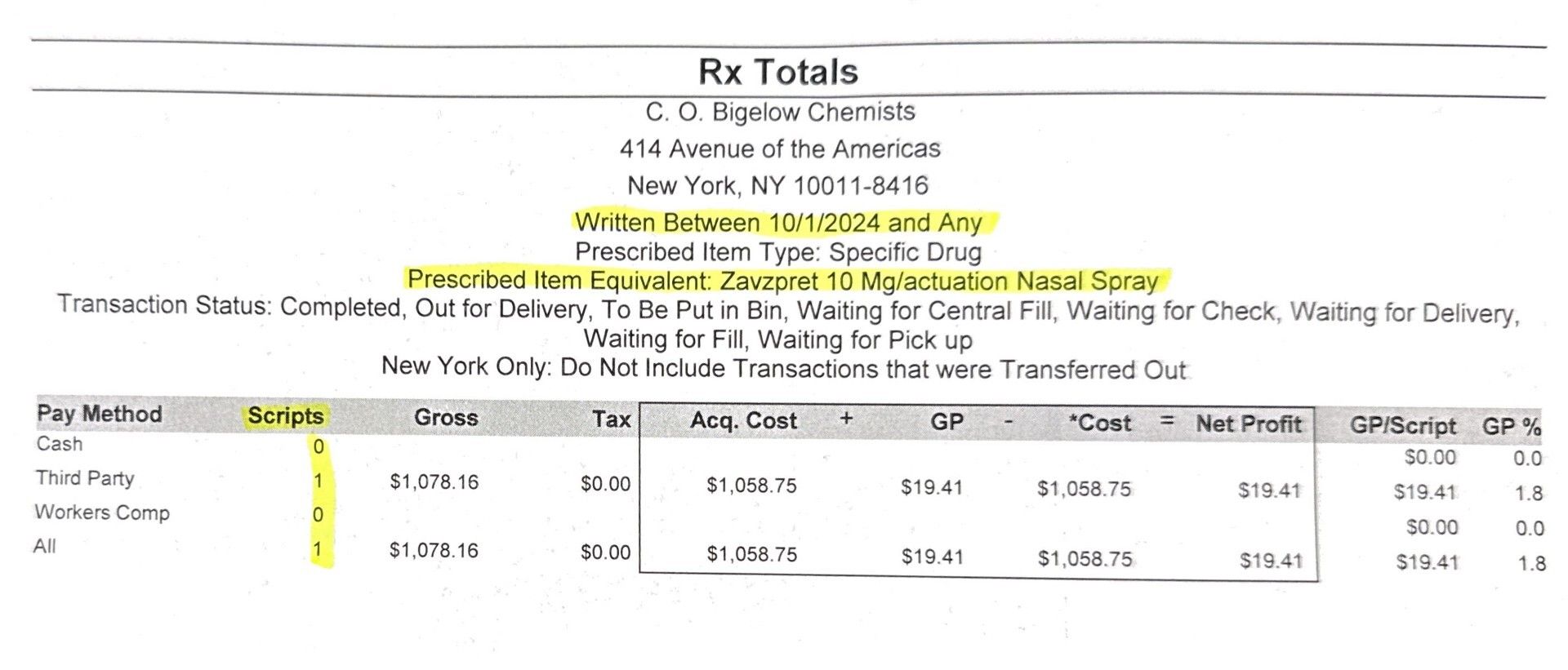TrumpRx: A Prescription for Political Theater

The Announcement
Yesterday morning, President Trump stood in the Oval Office with Pfizer CEO Albert Bourla to unveil his latest moonshot: TrumpRx.gov, a new government-backed website where Americans can buy Pfizer drugs directly at discounted cash prices.
According to the White House, this is the first in a series of “Most Favored Nation” deals Trump is cutting with Big Pharma. Pfizer agreed to slash prices for certain drugs, sell to Medicaid at rates on par with other wealthy nations, and make selected products available directly to patients at steep discounts.
In exchange? Pfizer gets a three-year grace period shielding its products from Trump’s threatened 100% tariffs on foreign-made drugs, plus political goodwill for a $70 billion U.S. manufacturing pledge.
On paper, it’s a huge win for both sides:
For Trump: a political home run, branding rights included. He can claim he’s doing what Democrats only “talked about for decades” — walking the walk on drug pricing.
For Pfizer: a manageable concession that placates Trump, protects profits, and buys regulatory stability.
For patients: well, that’s where the story gets complicated.

If It Actually Worked, I’d Cheer
Let me say this clearly: if Trump truly made a dent in drug pricing, I’d be thrilled. I don’t care if it’s called TrumpRx, BidenCare, or Marjorie Taylor Meds — patients desperately need relief.
And Trump has undeniably done something few presidents have: he’s dragged drug prices into the national spotlight. But this new platform?
It’s just political theater.

The Drugs That Nobody Buys
Here’s where my vantage point as a pharmacist comes in handy. When I saw this announcement, I immediately tried to think of a single Pfizer drug that is commonly used that patients might be excited to buy from this new site.
Nothing came to mind.
No matter — the White House announcement specifically named three Pfizer drugs as examples of the new discounts:

From the official announcement.
Xeljanz (for rheumatoid arthritis, psoriatic arthritis, ulcerative colitis) — 40% off
Eucrisa (for eczema) — 80% off
Zavzpret (for migraine) — 50% off
Ok. Let’s look at the real-world data.
From my wholesaler, AmerisourceBergen, here are the list prices for those drugs:
Xeljanz 5mg tablets: $5,921.32 for 60 tablets

Eucrisa ointment: $761–$1,071 per tube

Zavzpret nasal spray: $1,110 per pack

But wait, here’s where it gets even better: at my pharmacy, C.O. Bigelow, out of ~126,000 total prescriptions we filled in the past year, we received just four prescriptions combined for these three drugs:
Xeljanz: 0 prescriptions

Eucrisa: 3 prescriptions

Zavzpret: 1 prescription

That’s it. Four!!
Why? Because these are specialty-tier drugs, almost always funneled through insurance and specialty pharmacies due to their astronomical cost. I would be shocked if even five patients in the entire country have paid for any of these without insurance. Even at a “discounted” cash price, almost no one in their right mind would reach for their credit card to pay thousands out of pocket.
This is the sleight of hand: discounting drugs that barely anyone buys with cash in the first place. It’s like advertising a 30% off sale on private jets — a great talking point, but irrelevant to 99.9% of real people’s lives.

Politics First, Patients Later
This deal tells you everything you need to know about how politics and pharma dance:
Trump gets his branding win. He can point to TrumpRx and say he delivered where others failed.
Pfizer dodges tariffs, buys peace in Washington, and gives up very little in actual sales volume.
Patients get little more than the illusion of savings.
And crucially: this does nothing to fix the actual drivers of high drug costs — PBMs, opaque rebates, insurance design, or the endless patent games I’ve written about before (see: My Pharmacy’s $2 Million Ozempic Problem, Pharm-to-Table).
PBMs — Caremark, Express Scripts, Optum — remain untouched by this arrangement. They’re still taking their cut through rebate deals that warp the economics of which drugs get covered, which don’t, and how much patients pay at the counter. As I’ve argued before, PBMs are the closest thing healthcare has to a mafia — extracting billions in hidden fees while politicians posture about “list prices.” TrumpRx doesn’t change a single clause in those contracts.

A Pharmacy in Name Only
TrumpRx will be branded as a revolution in drug pricing. In practice, it’s a shiny website offering discounts on medications almost no one buys with cash, while leaving the broader system untouched.
It’s not that patients wouldn’t benefit from real direct-to-consumer pricing. We’ve already seen Lilly and Novo Nordisk inch that way on GLP-1s. I wrote about that shift just last month in Pharm-to-Table. That’s a genuine change in distribution economics.
But this? This is campaign marketing dressed up as healthcare reform.

Final Word
I’ll keep saying it: if Trump — or anyone — actually moves the needle on drug pricing, I’ll be the first to give credit where it’s due. If patients can finally afford the medicines they need, I’ll support it no matter who got it done.
But we’ve seen this movie before. Politicians stage big announcements, CEOs play along, and headlines scream that relief is finally here. Meanwhile, the rebate system grinds on, PBMs keep extracting billions in hidden fees, and patients still show up at the counter asking why their co-pay is higher than last month. The spectacle gets louder; the substance doesn’t change.
That’s what makes TrumpRx such a useful case study. It shows how easily pharma and politics can collude to create the appearance of reform without touching the machinery that actually drives costs. Pfizer gets protection. Trump gets applause. And patients buy the whole charade because they don’t know any better.
If this really were the start of something bigger — a true dismantling of PBM strangleholds, or a fundamental shift in how drugs are priced and dispensed — I’d be excited. But this isn’t that. This is the familiar Washington formula: press release first, policy never.
So yes, TrumpRx is new. But don’t confuse it with progress.
It isn’t a pharmacy. It’s a campaign ad with a co-pay card attached.
And you know better than to drink the Kool-Aid.
Because now you’re paying attention.

Alec Wade Ginsberg, PharmD, RPh
4th-Gen Pharmacist | Owner & COO, C.O. Bigelow
Founder, Drugstore Cowboy

